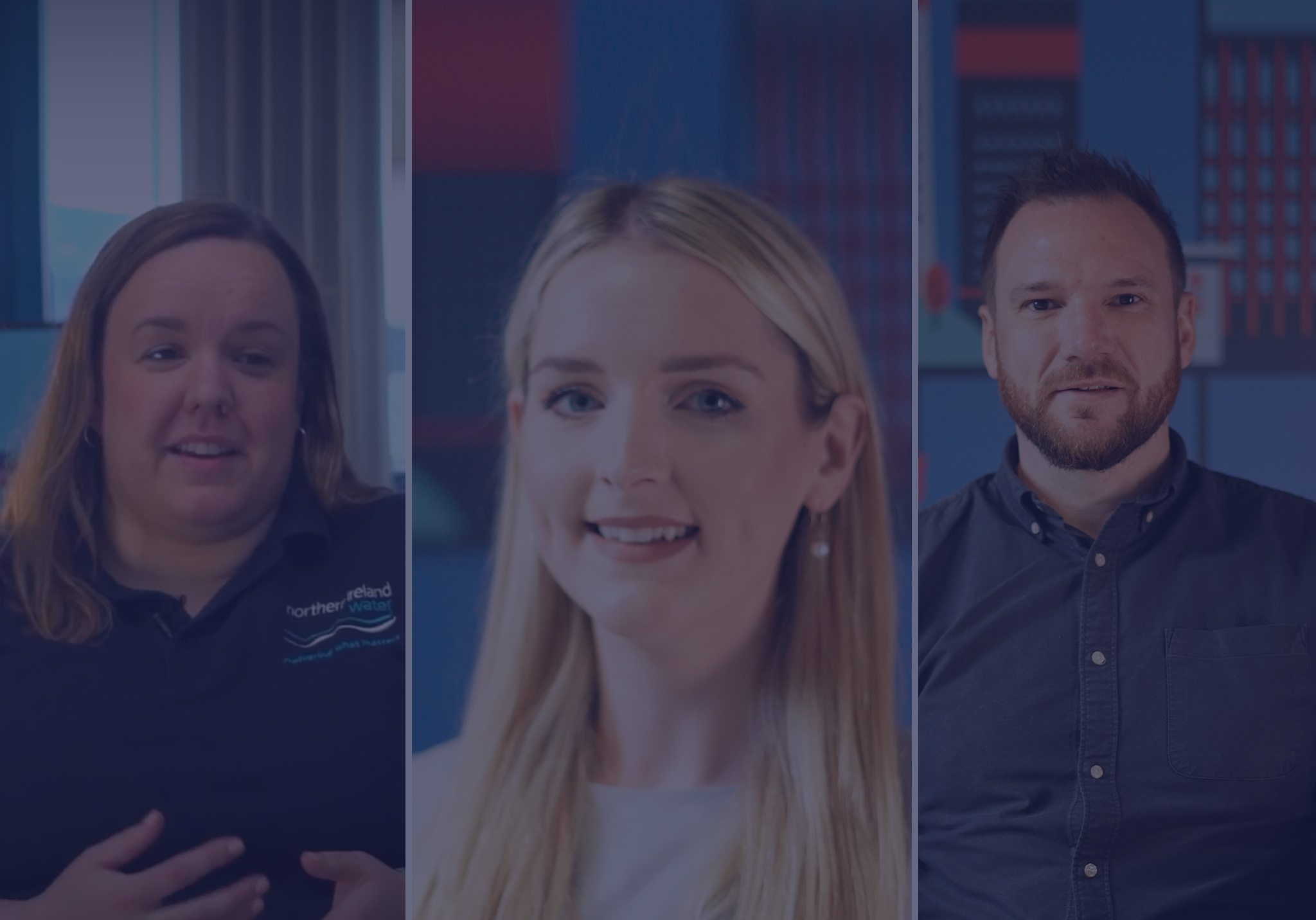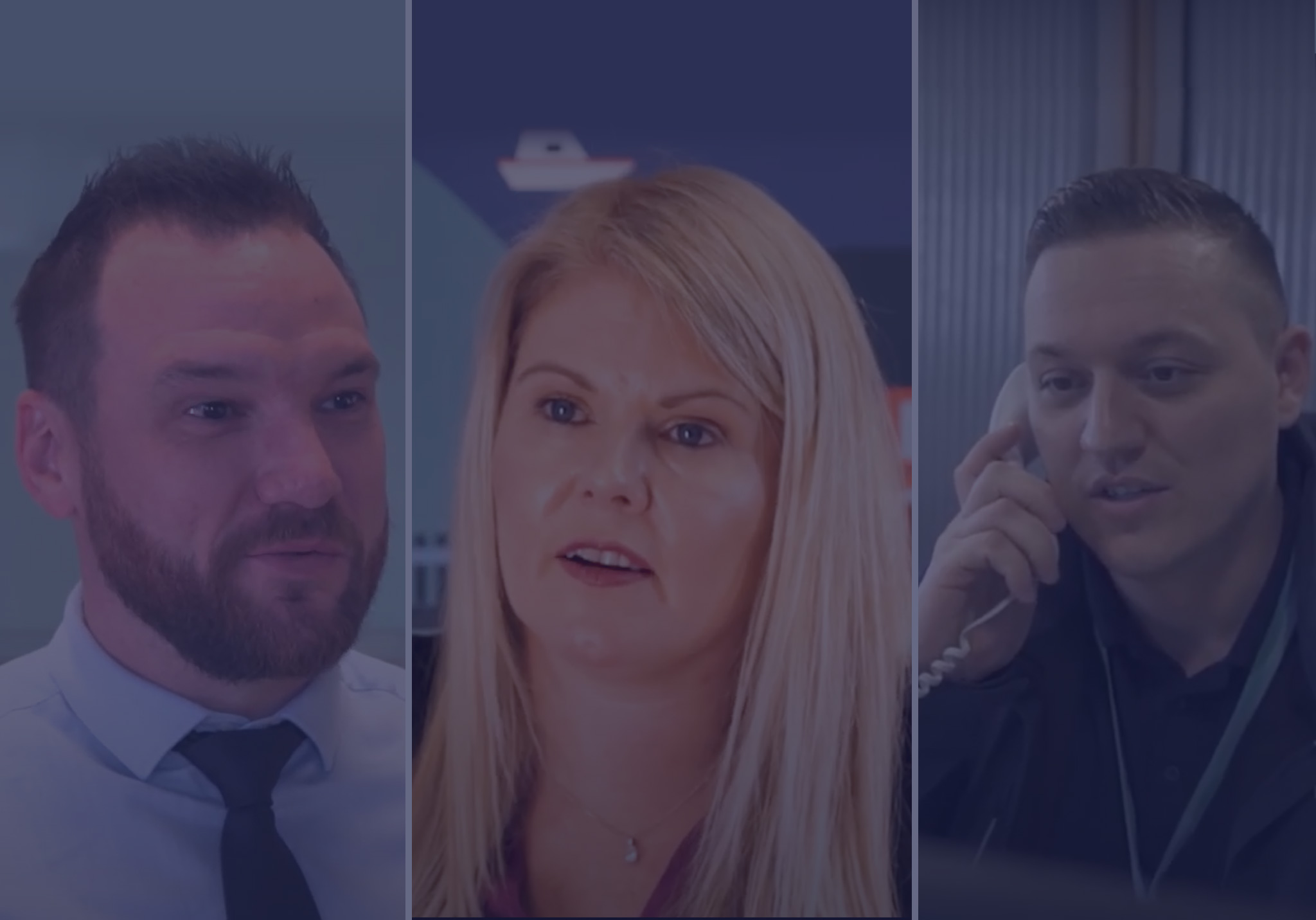Interview Preparation & Techniques
PREPARATION
Being well organised and prepared will increase your confidence prior to interview. Here are a few pointers to help you achieve this.
- Ensure that you have the correct details, e.g. date, time, location and contact; If in doubt, speak to the Recruiter;
- Visit the location in advance, if you can, to familiarise yourself with it or, if the interview is being conducted via Microsoft Teams, ensure that you have the app downloaded, that you have the link for the meeting and that you log on to the call early to make sure everything is working (test your microphone while you wait). Set up in a quiet area where you’re not going to be disturbed or have ambient noise, ensure your lighting is good (don’t have a window behind you) and try to make sure that the camera is at the height of your eyeline. Have a pen and paper to hand in case you want to take note of anything that you want to remember later in the interview.
- Source company information from the website/corporate brochures/Google news articles/social media;
- Have a clear understanding of the role and what is required – make sure you have read the job description and any other information you will have already been sent. If you need further advice, speak to the point of the contact for that post;
- List key skills/attributes/experience/achievements that you can bring to the role;
- Look at the duties, responsibilities, qualifications, technology and any specialist experience on the job description and person specification and be prepared to show technical knowledge/experience for practical/technical questions. This could involve a question like, “How would you apply x knowledge in y particular situation;
- Look at each of the essential and desirable criteria and list how your experience/qualification meet these;
- Look at each of the competencies and prepare 2-3 examples of how past experience relates to these, using the STAR model (see below). Ask a family member or friend to listen to your answers and get their feedback or practice until you feel comfortable. The exact questions you have prepared for may not come up but if you’ve practiced the competencies, you should be able to adapt your prepared answers to meet the actual question;
- Remember that the panel may ask you about a situation where things have gone wrong, so don’t shy away from preparing STAR answers around this to avoid being surprised during your interview;
- Follow the STAR model but don’t forget to sound human. Your answer should flow and sound natural rather than over rehearsed;
- Plan what you will wear in advance;
- Arrive in good time and allow for delays;
- Ensure you have any necessary documentation ready beforehand e.g. PowerPoint presentation, proof of identity, qualifications etc.
- Prepare your elevator pitch. The panel may ask you to give an introduction at the beginning of the interview or ask at the end of the interview why you think you’re the right person for the job. You should be able to succinctly summarise your qualifications, achievements, work experience and skills you possess which are relevant to the job.
- Prepare 4-5 questions to ask the panel at the end of the interview, allowing for some of these to have already been covered during the course of the interview. Try to make sure that these are around the role/team/culture/progression etc rather than around remuneration.
THE INTERVIEW
This is your opportunity to show the panel that you are the right person for the job. Try not to be nervous as you have as good a chance as any other applicant of getting the job and don’t forget you are interviewing the panel too. Also, remember that you have been selected for interview because the panel feel you meet the criteria so they want you to do well and bring those qualities/skills on your application to life at interview.
- Remember that personal qualities often count more than experience – make sure you have relevant examples to use. You can draw from your professional and personal lives but remember not to start giving a list of what jobs you have done etc;
- Actively listen to questions and respond with confidence and enthusiasm;
- Remember what the question was and only answer this question. Try not to ramble or digress as this can be seen as being underprepared or an indication of poor communication skills;
- Use positive body language, e.g. warm smile, good eye contact, firm handshake; if you normally talk with your hands do so within reason; if you tend to fidget when you’re nervous, place your hands loosely clasped on your knee;
- If there is more than one interviewer look at the one who is talking - when you are talking shift your glance from one to the other. Make sure that all panel members feel you are engaged with them;
- Pause before answering questions if necessary – remember it is best to think over questions before you respond to them. If you aren’t 100% sure what the panel is asking, don’t be scared to ask for clarification rather than answering a different question;
- Answer questions honestly and concisely;
- Speak clearly and confidently;
- Think about having a clear structure for each of your examples….STAR
- Situation – describe the situation/set the scene;
- Task – What was your objective or the task/problem at hand, what were you trying to achieve? Build on the background you’ve given, and outline the task at hand. Specifically, how did the situation relate to you and what were the major tasks you needed to undertake to resolve it?
- Action* – What did you actually do, what was your unique contribution?
- Result*– what happened, what was the outcome, what did you learn?
*this is where most of your focus should be – YOUR actions and the results
NB – try to use “I” rather than “we” in your competency answers. If you only say “we” the panel won’t be clear what your personal actions were so it will be difficult to mark your answers highly.
INTERVIEW QUESTIONS
Here are some guidelines to the style of the questions you may be asked, be original with your responses, think of what you would like to say – it’s your interview!
Most interviews in NIW are a combination of criteria and competency based.
Criteria-based interview questions focus on a range of job-related criteria covering a range of areas including experience, skills, behaviours or technical knowledge. The primary focus is on asking a range of open and probing questions about past experiences which allows more flexibility to explore past experiences and probe knowledge with hypothetical questions.
Competency based questions are interview questions that require candidates to provide real life examples as the basis of their answers. You should not talk in broad terms, be too general or use their imagination when replying to interviewers. Instead, you should use specific situations from your career as examples when answering this type of interview question. You should explain why you made certain decisions, how you implemented these decisions, why certain outcomes took place, the impact on stakeholders/the project outcomes and what you learned from the experience.
The majority of the questions you will be asked will be in regards to the Criteria outlined on the job description so make sure you have read over this!
When you are asked to describe an example of a situation from your experience and how you handled it. Remember to talk about how YOU dealt with it and what YOU did, not how the team, or your manager. It’s all about YOU. Use ‘I’ not ‘we’ in your responses. For these questions use the STAR (as described above) to help you structure your responses.
Be positive about your actions throughout your response and do not make up an example as you will NOT come across as believable. If you cannot think of good examples instantly, ask the interviewer for a moment or two to think about the question and then give your answer.
Below are a couple of examples of interview questions you may be asked:
- Competency based - Give an example of when you have worked as a team, what was your role?
- Criteria based - What unpopular decisions have you made?
A favourite secondary question for any example you have described is one asking you to reflect on what you learned and would do differently next time.
Do YOU have any questions for the panel?
When the interviewers have asked all their questions they will ask you if you have any, so try to go prepared with some of your own.
Here are some suggestions:
- What on-going training can I expect?
- Who will my line manager be?
- How will I be expected to contribute to the team/directorate?
- Will there be a handover period?
- When will I be expected to start?
- When will the results of the interview be released?
- Will I be able to get feedback from my interview?
One last thing…..GOOD LUCK!

